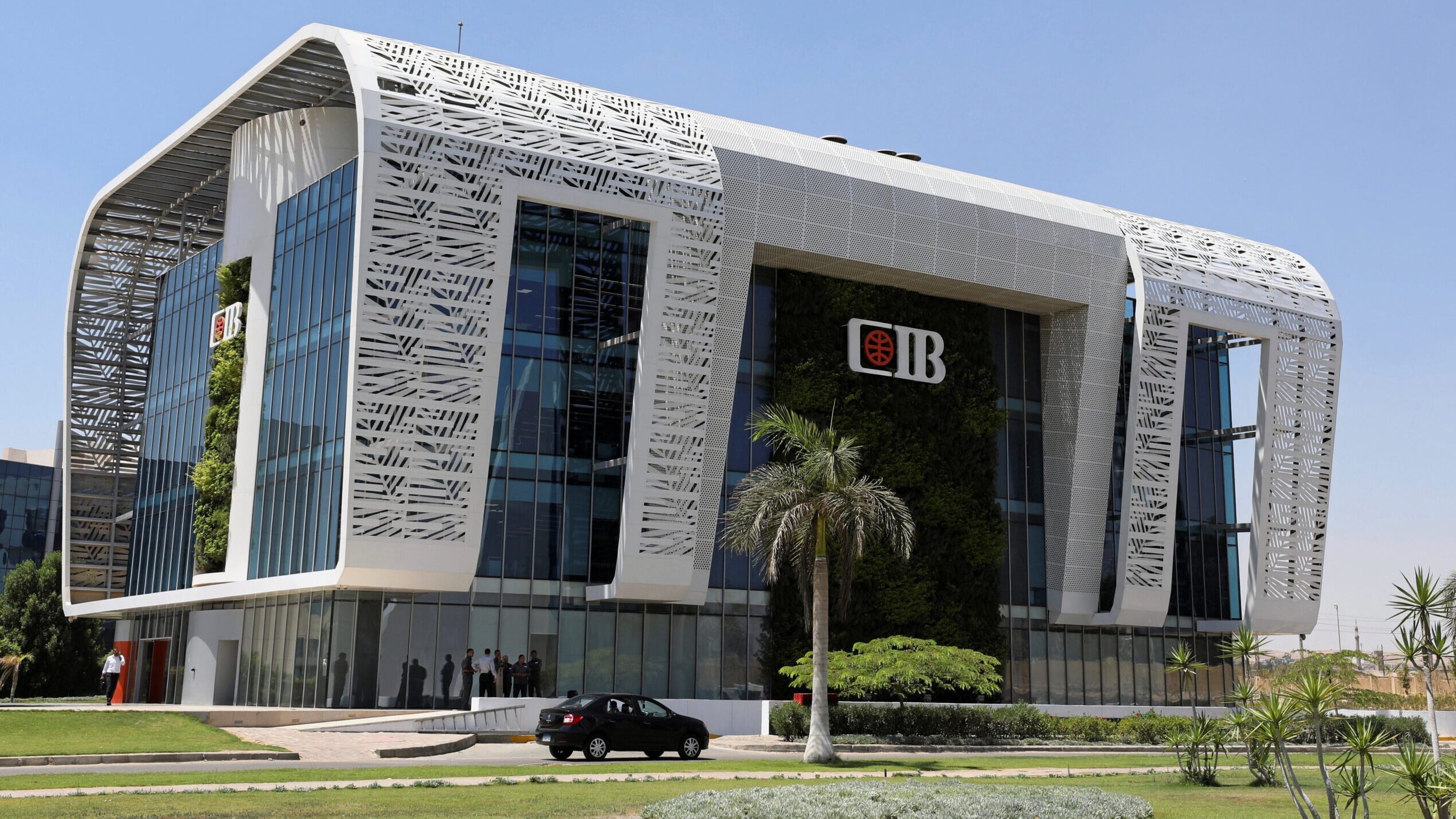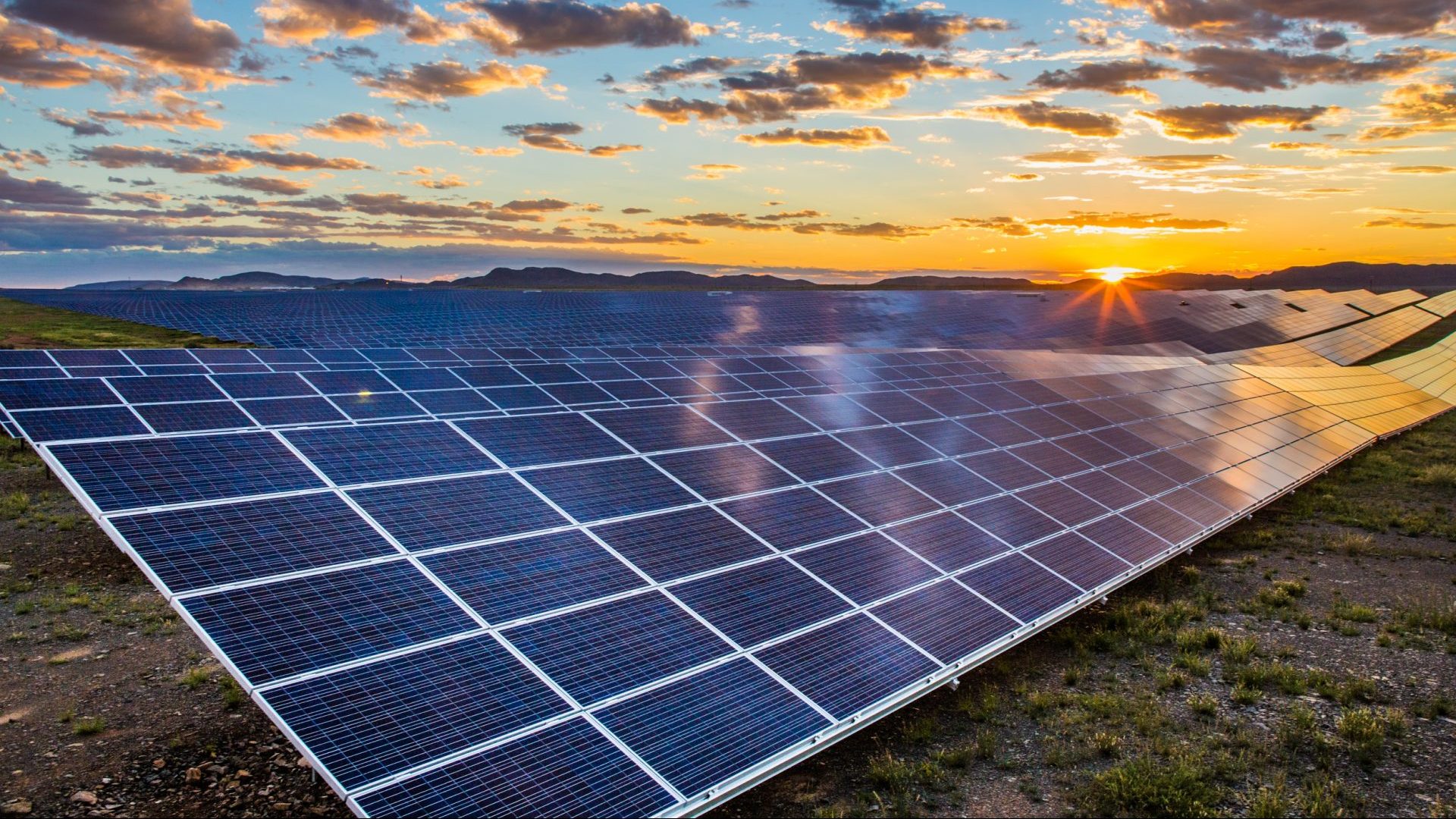East Africa stands to benefit from the drop in crude oil prices at the international market as it would ease pressure on widening current accounts and arrest a surge in inflation. The cost of consumer goods could also reduce as manufacturers are some of the heaviest consumers of fuel.
However, lack of strategic reserve facilities means the region can’t take full advantage of the low prices—caused by the Covid-19 pandemic—and build up their stockpiles, which would guarantee the benefits last longer even when prices at the international market rebound from the current low levels of $26.10 per barrel.
“The East African region has missed an opportunity for stockpiling because there are no facilities,” George Wachira, an oil industry expert, told The EastAfrican.
Kenya recorded the biggest drop in fuel prices in over a decade last week on May 14 after the Energy and Petroleum Regulatory Authority (EPRA) unveiled new maximum wholesale and retail petroleum prices with the cost of diesel and petrol coming down drastically.
In the latest review, the cost of diesel reduced by Ksh19.19 ($.17) per litre to retail at Ksh78.37 ($.72) while the price of super petrol declined by Ksh9.5 ($.08) to retail at Ksh88.33 ($.82).
The changes are based on the average landed cost of imported super petrol, which decreased by 38.94 per cent from $309.03 per cubic metre in March to $188.07 per cubic metre in April.
Diesel decreased by 44.04 per cent from $432.70 per cubic metre to $242.13 per cubic metre.
The review shows that free on board prices of murban crude oil imported in April were at $17.64 per barrel, a decline of 50.42 per cent from $35.58 per barrel in March.
“The computation of the pump prices has taken into account the changes effected by the Tax Laws (Amendment) Act of 2020 that made taxes and other levies part of the vatable amount in the calculation of VAT for petroleum products,” said Robert Pavel Oimeke, EPRA director-general.
Kenya’s petroleum import bill in 2019 stood at $2.9 billion, a decline from $3 billion in 2018 according to the Economic Survey 2020 while in Tanzania it stood at $1.8 billion and Uganda $874 million.
Savings on import bills would have ripple effects on the current accounts deficits that regional nations are struggling to narrow in the wake of a decline in exports and remittances.
In Tanzania, the Energy and Water Utilities Regulatory Authority announced a reduction in retail prices for the month of May in which the cost of super petrol declined by 10.5 per cent while that of diesel went down by 7.17 per cent.
The low prices at the international market mean that countries in the region will record a drastic decline in petroleum import bills.
SOURCE: The East African

Ethiopia has cleared the way for Safaricom to introduce M-Pesa in the market of 110 million people after deciding to include the ...

Egyptian largest private sector bank by assets Commercial International Bank (CIB) is seeking to acquire more banks to strengthen ...

The European Investment Bank and International Solar Alliance have published a study outlining access solutions to overcome key ...

Kenya has been ranked the top country in the world in reducing population with no access to electricity, pointing to the impact ...